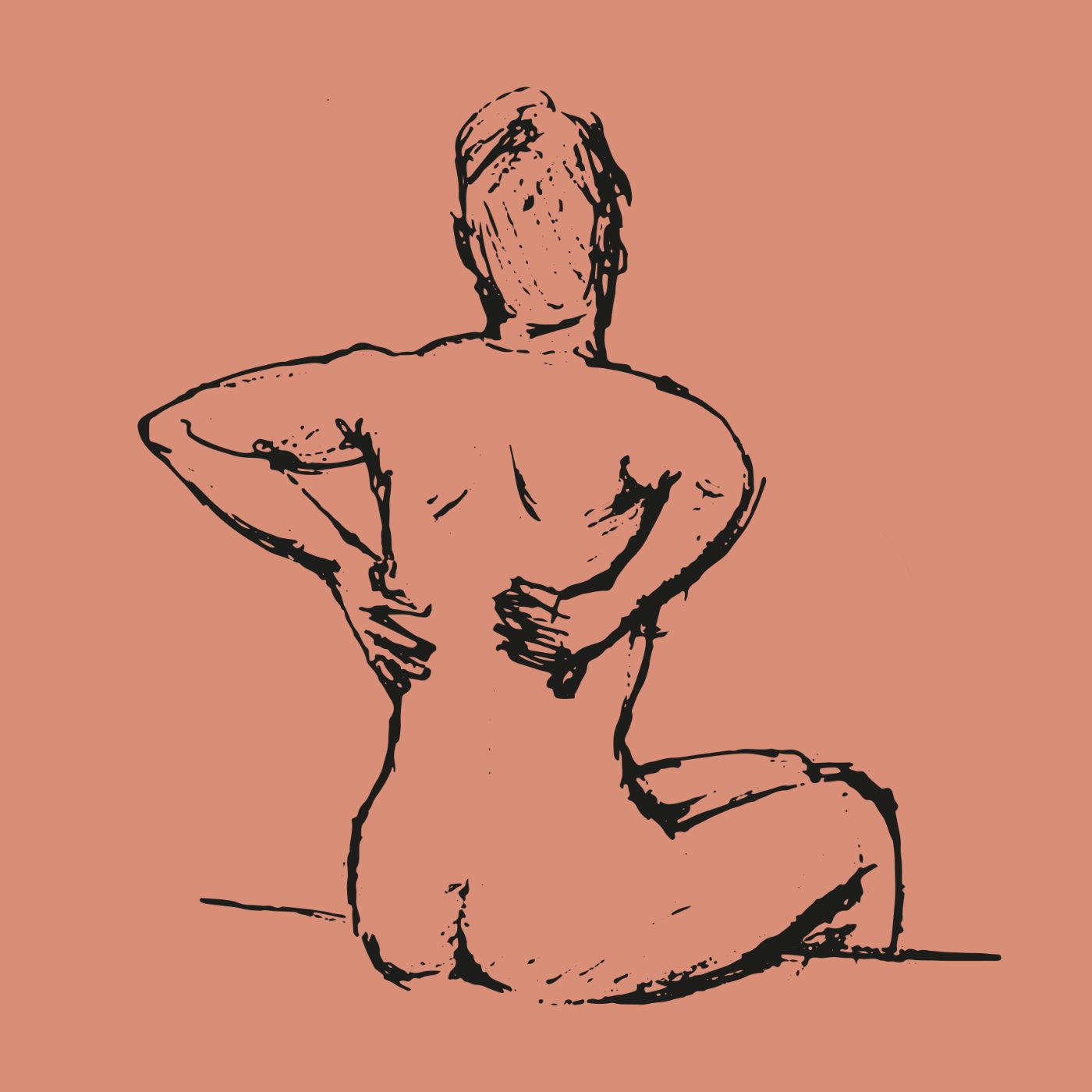Table of Contents
Table of Content
Key Highlights
- Melatonin is a popular sleep aid that helps regulate the sleep-wake cycle, but it can have side effects
- Herbal sleep patches are a natural alternative to melatonin with fewer side effects
- Herbal ingredients like valerian root, passionflower, hops, and hemp can promote restful sleep
- Melatonin patches are transdermal patches that deliver melatonin through the skin
- When choosing a sleep patch, consider the potency, dosage, and ingredient quality
Introduction
Melatonin plays a key role in regulating the sleep-wake cycle. It is a naturally occurring hormone produced by the brain. Its production is influenced by the cycle of day and night, increasing in the evening to promote sleep and decreasing in the morning to help us wake. It can also be taken as a supplement. Melatonin supplements are commonly used to help people fall asleep faster and improve their sleep quality. However, melatonin supplements may not be suitable for everyone as they commonly cause side effects like headaches, sleepiness in the morning and during the day, dizziness, and nausea.
In this article, we will explore the risks of melatonin-based sleep aids and the benefits of herbal alternatives. We will also delve into the science behind sleep and how natural ingredients can contribute to better sleep. Additionally, we will compare melatonin and herbal alternatives, spotlight the ingredients in herbal sleep patches, and provide tips on choosing the right sleep patch for you. Finally, we will answer frequently asked questions about herbal sleep patches. So, let's dive in and discover the alternatives to melatonin for better sleep.
Understanding the Risks of Melatonin based Sleep Aids
Common side effects of melatonin-based sleep aids can impact daily life. Grogginess and drowsiness pose concerns for users. It is crucial to weigh the benefits against potential drawbacks when using such aids. By understanding the risks associated with these products, individuals can make informed decisions about their sleep remedies. It's essential to prioritise safety and health when considering any form of sleep aid. Choose wisely to ensure better sleep quality and overall well-being.
Common Side Effects and Their Impact on Daily Life
Common side effects of melatonin include daytime sleepiness, nausea, and dizziness. These side effects can impact daily life, making it difficult to stay alert and focused during the day. Daytime sleepiness can affect productivity and increase the risk of accidents or injuries. Nausea and dizziness can also make it challenging to carry out daily activities and may cause discomfort or inconvenience.
For those who experience these side effects or prefer a natural alternative, herbal sleep patches offer a promising solution. By delivering herbal ingredients through the skin, these patches bypass the digestive system, potentially reducing the risk of side effects commonly associated with melatonin supplements.
Why Grogginess and Drowsiness Are Concerns
Grogginess and drowsiness are common concerns when it comes to sleep quality. While a melatonin patch or supplement can help initiate sleep, it may amplify the issue of grogginess and drowsiness upon waking up. Achieving restful sleep involves not only falling asleep but also maintaining sleep throughout the night. This is where herbal sleep patches can make a difference.
Herbal ingredients in sleep patches, such as valerian root, passionflower, hops, and hemp, have been traditionally used to promote relaxation and improve sleep quality. These ingredients can help regulate sleep-wake cycles and support a more restful sleep, leading to reduced grogginess and drowsiness upon waking up. By addressing both sleep initiation and maintenance, herbal sleep patches offer a comprehensive solution for better sleep.
The Science Behind Sleep: How Natural Ingredients Can Help
Sleep is a complex process regulated by various factors in the body. Natural ingredients found in herbal sleep patches can play a crucial role in promoting better sleep. Valerian root, for example, contains compounds that have sedative properties and can help induce sleep. Passionflower has been used for centuries as an anxiolytic, reducing anxiety and promoting a calm state conducive to sleep. Hops, known for their use in beer production, also have sleep-promoting properties and can improve the quality of REM sleep. Hemp, a rising star in the sleep aid industry, can enhance sleep by supporting relaxation and absorption of other ingredients. By harnessing the power of these natural ingredients, herbal sleep patches provide a holistic approach to better sleep.
The Role of Herbal Ingredients in Promoting Restful Sleep
Herbal ingredients found in sleep patches have been used for centuries to promote restful sleep. Valerian root, for example, acts as a sedative and helps calm the nervous system, making it easier to fall asleep and stay asleep. Passionflower has anxiolytic properties, reducing anxiety and promoting a sense of calmness that is essential for quality sleep. Hops, commonly associated with beer production, contain compounds that support sleep by enhancing the activity of GABA, a neurotransmitter that promotes relaxation. Hemp, another herbal ingredient, has gained popularity for its potential to improve sleep quality by providing a sense of relaxation and supporting the absorption of other sleep-promoting ingredients. By incorporating these herbal ingredients in sleep patches, individuals can benefit from their natural sleep-promoting properties and achieve a more restful sleep.
Comparing Melatonin and Herbal Alternatives
When considering sleep aids, it's essential to compare melatonin supplements with herbal alternatives to make an informed choice. Here's a comparison to help you understand the key differences:
Melatonin Patches & Supplements:
- Can help initiate sleep
- May have side effects like daytime sleepiness, nausea, and dizziness
- Limited effectiveness in addressing grogginess and drowsiness upon waking
- Available in various forms such as pills, tablets, gummies, and liquids
Herbal Alternatives:
- Promote restful sleep by addressing sleep initiation and maintenance
- Often have fewer side effects compared to melatonin supplements
- Can reduce grogginess and drowsiness upon waking
- Contain natural ingredients like valerian root, passionflower, hops, and hemp
- Available in the form of transdermal patches for convenient use
By considering these factors, you can choose the sleep aid that best suits your needs and preferences, ensuring improved sleep quality.
Spotlight on Herbal Sleep Patch Ingredients
Herbal sleep patches contain a range of ingredients that work together to promote better sleep. One of the key ingredients found in these patches is transdermal melatonin. This form of melatonin delivery allows for a controlled release of the hormone throughout the night, helping individuals stay asleep longer. By applying the patch to the skin, transdermal melatonin bypasses the digestive system and enters the bloodstream directly. This method of delivery ensures maximum absorption and effectiveness, making herbal sleep patches an excellent option for those seeking a natural sleep aid.
Valerian Root: Nature's Sedative
Valerian root is a popular herbal ingredient known for its sedative properties. It has been used for centuries to promote relaxation and improve sleep. Valerian root contains compounds that interact with the GABA receptors in the brain, promoting a sense of calmness and reducing anxiety. This sedative effect makes valerian root an effective natural remedy for insomnia. By incorporating valerian root into sleep patches, individuals can benefit from its sleep-promoting properties and experience a greater sense of relaxation, leading to improved sleep quality.
Passionflower: Anxiolytic Properties for Better Sleep
Passionflower is an herbal ingredient known for its anxiolytic properties. It has long been used to reduce anxiety and promote a sense of calmness. By calming the nervous system, passionflower can help individuals achieve a more relaxed state, making it easier to fall asleep and improve sleep quality. Passionflower contains compounds that interact with receptors in the brain, enhancing the activity of GABA, a neurotransmitter that promotes relaxation. Incorporating passionflower into sleep patches can provide individuals with a natural and effective solution for better sleep, free from the side effects often associated with pharmaceutical sleep aids.
Hops: From Beer to Bedtime
Hops, commonly associated with beer production, have been used for centuries as a natural sleep aid. Hops contain compounds that promote relaxation and support sleep by enhancing the activity of GABA, a neurotransmitter that helps calm the nervous system. By incorporating hops into sleep patches, individuals can experience the sleep-promoting properties of this herbal ingredient, including improved sleep quality and an increase in REM sleep. REM sleep is essential for cognitive function and memory consolidation, making hops a valuable addition to sleep patches for those seeking a natural and effective solution for better sleep.
Hemp: A New Contender in Sleep Aids
Hemp is a rising star in the sleep aid industry, offering potential benefits for better sleep. Hemp contains compounds that promote relaxation and have been shown to support sleep quality. By incorporating hemp into sleep patches, individuals can experience the potential sleep-enhancing properties of this natural ingredient. Hemp also aids in the absorption of other sleep-promoting ingredients, ensuring maximum effectiveness. With its ability to support relaxation and absorption, hemp is becoming a popular choice for those seeking a natural and effective sleep aid.
How to Choose the Right Sleep Patch for You
Choosing the right sleep patch involves considering factors such as patch potency, dosage, and ingredient quality. Here are some tips to help you make an informed choice:
- Patch Potency: Consider the strength of the sleep patch to ensure it matches your sleep needs.
- Dosage: Check the recommended dosage and apply the patch accordingly for optimal results.
- Ingredient Quality: Look for sleep patches that contain high-quality herbal ingredients to ensure maximum effectiveness.
By evaluating these factors, you can select a sleep patch that aligns with your sleep goals and preferences, ensuring a restful night's sleep.
Evaluating Ingredient Quality and Safety
When choosing a sleep patch, it's important to evaluate the quality and safety of the ingredients used. Look for sleep patches that use high-quality herbal ingredients sourced from reputable manufacturers. Additionally, consider the safety record of the company and whether they adhere to industry standards. While sleep patches are generally considered safe, it's always a good idea to consult with your healthcare provider before starting any new medication or supplement. Keep in mind that sleep patches are not regulated, so it's essential to do your research and choose a trusted brand to ensure the highest level of quality and safety.
Understanding Patch Potency and Dosage
Patch potency and dosage are crucial factors to consider when using sleep patches. The potency of a sleep patch refers to the strength of the ingredients and their effectiveness in promoting sleep. Dosage, on the other hand, refers to the recommended amount of the sleep patch to be applied. It's important to follow the recommended dosage for optimal results. Some sleep patches may contain specific amounts of melatonin, such as 3 mg or 5 mg, while others may have a combination of different herbal ingredients. By understanding the patch potency and dosage, you can select a sleep patch that suits your individual sleep needs and preferences.
Conclusion
If you're seeking a natural alternative for better sleep, herbal sleep patches might be the solution. Understanding the risks associated with melatonin-based aids and exploring the benefits of herbal ingredients can lead to restful nights without grogginess. Valerian root, passionflower, hops, and hemp are nature's offerings for enhanced sleep quality. By choosing the right patch tailored to your needs and ensuring ingredient quality and safety, you can embark on a journey towards improved sleep. Embrace the power of herbal alternatives for a rejuvenated and refreshing sleep experience.
Frequently Asked Questions
What Makes Herbal Ingredients Effective in Sleep Patches?
The effectiveness of herbal ingredients in sleep patches lies in their ability to promote relaxation, support the nervous system, and enhance sleep quality. These ingredients work synergistically to create a calming effect, improve bioavailability of the active compounds, and enhance REM sleep, resulting in a more restful and rejuvenating sleep experience.
How Quickly Can I Expect Results from Herbal Sleep Patches?
The onset of results from herbal sleep patches can vary depending on the individual. Some people may experience improvements in sleep quality and onset within a few nights, while others may take longer. Consistent use of herbal sleep patches is key to achieving optimal results and enjoying the benefits of improved sleep.
Are There Any Known Side Effects of Using Herbal Sleep Patches?
While herbal sleep patches are generally considered safe, there is a possibility of skin irritation or allergies in some individuals. It's important to carefully read the instructions and consult with a healthcare provider if you have any concerns or known allergies. Monitoring your skin's reaction and discontinuing use if any adverse effects occur is recommended.




